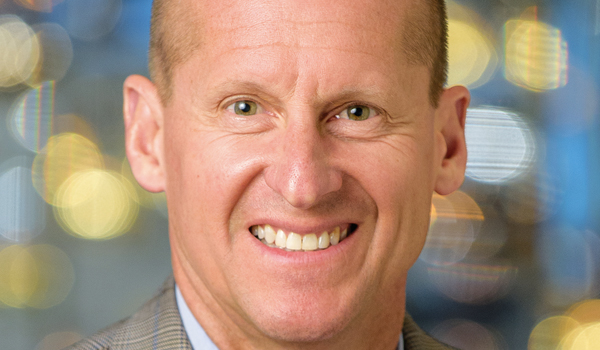Safety concerns about police call centres
Police control centres are so short-staffed that public safety is being seriously threatened, according to a new study by Unison.

Police control centres are so short-staffed that public safety is being seriously threatened, according to a new study by Unison.
The study warns that it could be only a matter of time before the chronic understaffing and high-pressure environment combine to produce dire consequences for the public.
The union has 40,000 members working for the police 6,000 of whom work in control rooms.
Academics from the universities of Strathclyde and Stirling carried out what Unison claims to be the first independent study of conditions in police control rooms in the UK.
One of the reports authors, Dr Phil Taylor, said that understaffing is causing a crisis of morale in the service, particularly amongst the most experienced staff the services greatest asset.
The study, Working in Police Control Rooms, found that 69 per cent of control room staff thought that inadequate staffing was leading to increasing pressure on the job. The volume of calls going into police control rooms has rocketed since mobile phones took off and researchers found there are now simply not enough staff to do the job.
The report adds that the shortage is compounded by Association of Chief Police Officers (ACPO) targets on call waiting times that put greater pressure on staff trying to give a quality service to frequently worried or distressed callers. Home Office crime recording is another bureaucratic burden on hard-pressed staff.
Dr Taylor also described a key theme emerging from the research is that staff feel their working environments are becoming more like a call centre and less like a communications room.
He said tensions are emerging between the desire of staff to deliver a quality service and the apparent convergence with private sector models based on quantities and call volumes.
Despite showing a great commitment to the job, Dr Taylor added that staff have very little influence over decisions that affect them, concluding that this has created a democratic deficit in control rooms.
The researchers found:
- Nearly one-third of all control room staff feel very pressurised on a normal day.
- 63 per cent of staff say that the volume of work has increased a lot.
- Local control rooms are closing and forces are centralising services in remote facilities.
- Targets are taking over from a quality service.
- Working conditions are leading to sickness and ill-health that further compound staffing difficulties.
At the launch of the research in central London in December, Superintendent Mike Horn of Her Majestys Inspectorate of Constabulary (HMIC), said that the work of HMIC mirrored many of the findings of the Unison report and he referred to the need to make call handling key to policing. Superintendent Peter Major of the National Policing Improvement Agency (NPIA), described call handling as being at the core of the citizen-focused agenda.
Ben Priestley, National Officer for Police Staff, said: Our police control room members are the voice at the end of the line when members of the public need help. Calls to police control rooms are difficult, distressing and need an accurate and timely response. That is what the public expects.
Chronic understaffing in police control rooms means that this service is now under threat. Unison is calling on the police service to deal with understaffing before an avoidable crisis or tragedy takes place.
Unison has outlined a ten-point action plan to improve conditions in its document The Call of Duty. These include:
- Acting on chronic understaffing.
- Matching resources to call demand.
- Abandoning the call centre ethos in favour of a quality service.
- Providing a healthier workplace.
- Developing a national pay grade and consistent terms and conditions.
- Developing a career structure and better training.



